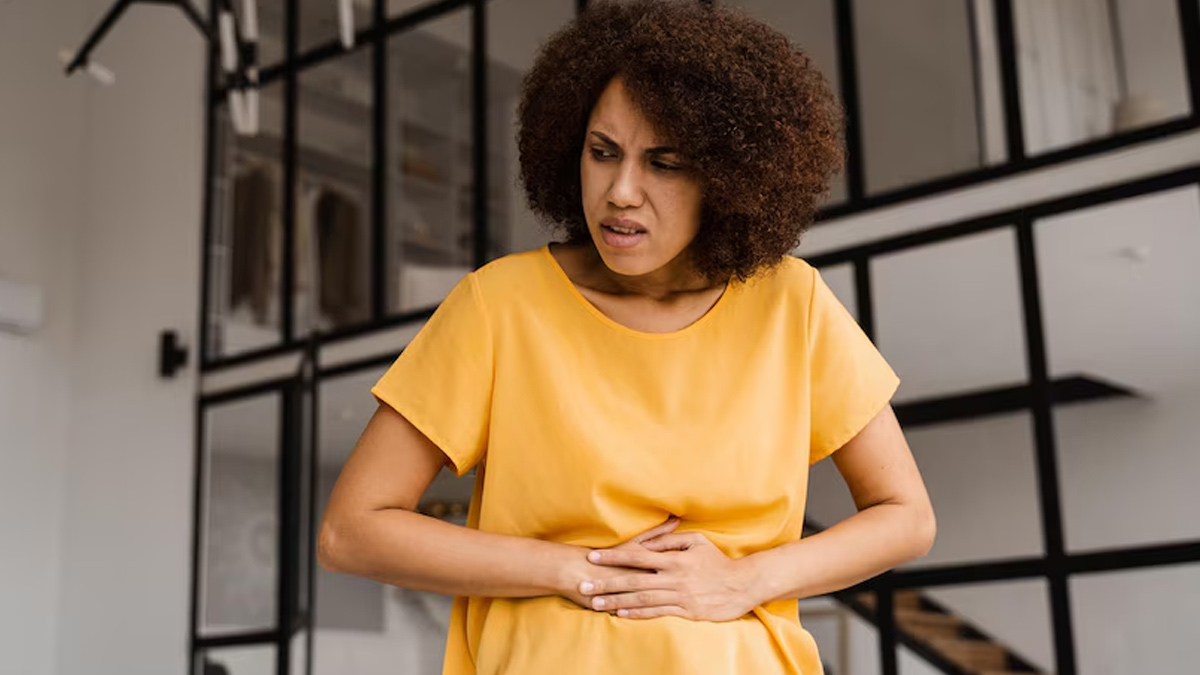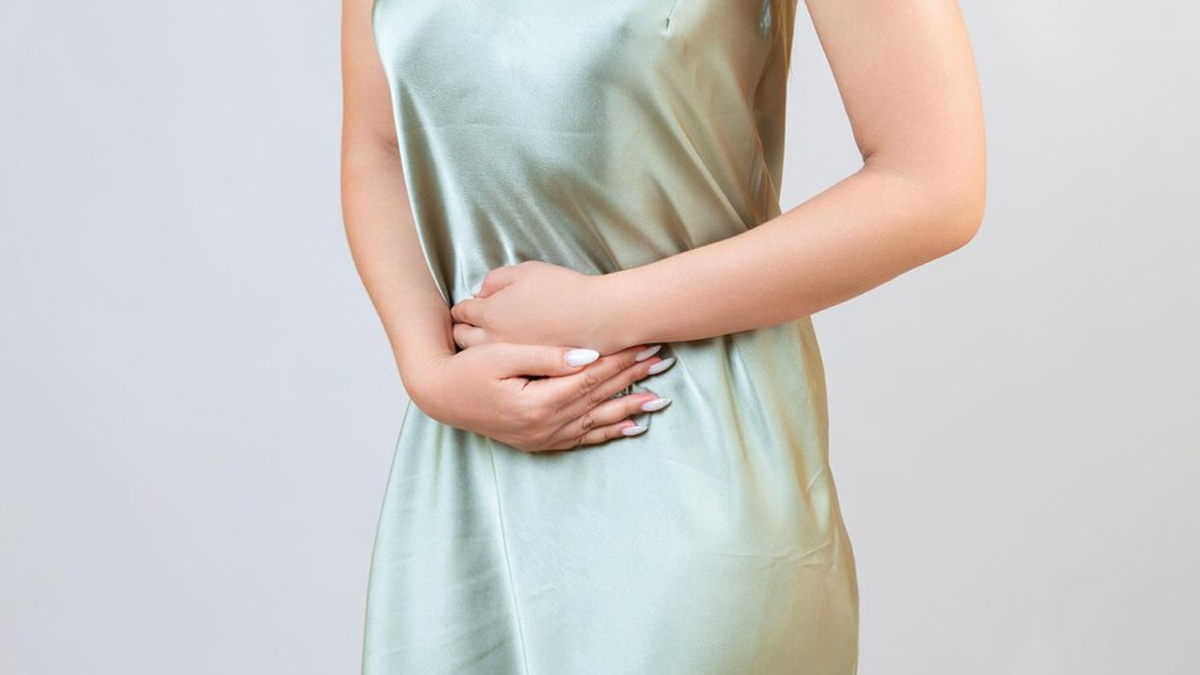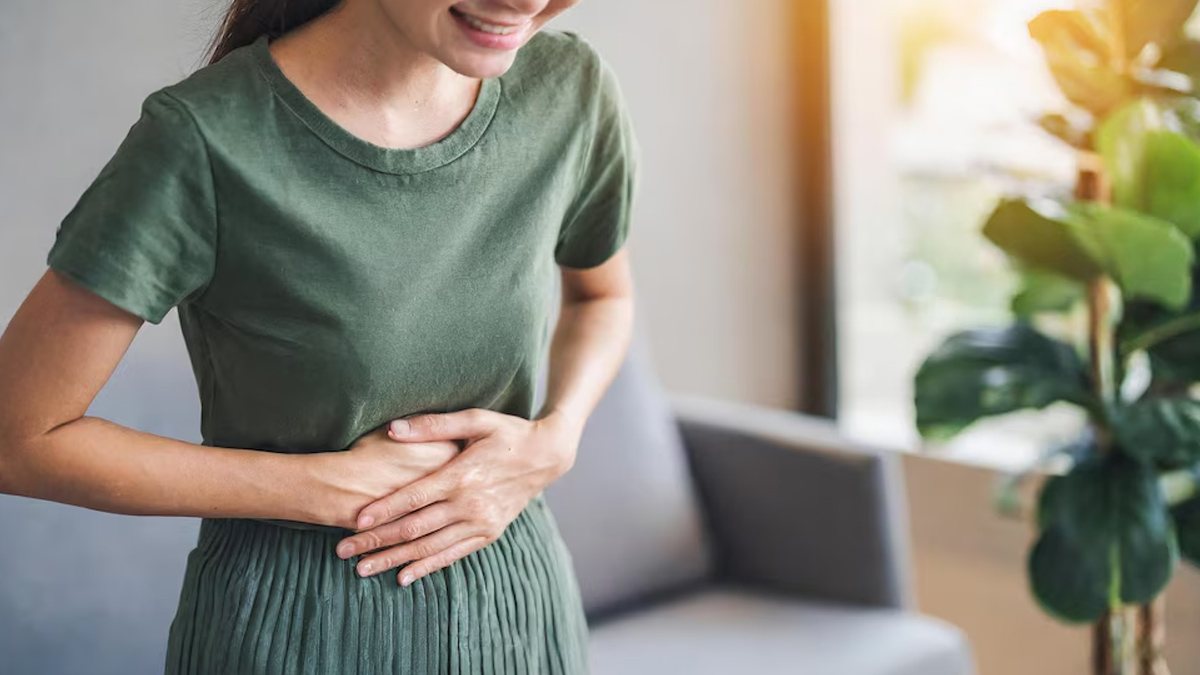
In recent years, endometriosis, a chronic inflammatory condition of the female reproductive system, has gained greater recognition. The condition, in which the tissue similar to the lining of the uterus grows outside the uterus, is estimated to affect 5–10% of women and adolescents of reproductive age (15–49 years) globally, impacting approximately 19 crore people, according to the World Health Organization (WHO).
Table of Content:-
Then there is something called bowel endometriosis, which is a type of endometriosis that occurs when tissue that normally grows inside the uterus spreads to other parts of the body, including the bowel. Speaking with the OnlyMyHealth team, Dr Mahua Bhattacharya, Consultant Gynaecologist, Fortis Hospital, Anandapur, explains the condition in detail.
What Is Bowel Endometriosis?

Endometriosis is a condition in which a tissue resembling the tissue that lines the uterus or grows inside it grows on the outside of the uterus and spreads to other regions of the pelvis, causing pain and discomfort.
Bowel endometriosis is the result of this endometrial tissue spreading to the large intestine, she adds, sharing that it is characterised by the growth of endometrial tissue on the rectum, inside the large intestine, or other parts of the bowel passages.
How Common Is Bowel Endometriosis?
According to a 2020 study published in the International Journal of Women's Health, 10–12% of women of reproductive age are affected by endometriosis, of which 5–12% develop bowel endometriosis, with the rectum and sigmoid involved in up to 90% of all intestinal lesions.
Two types of bowel endometriosis exist: superficial and deep.
While superficial endometriosis grows on the surface of the bowel, deep endometriosis penetrates the bowel wall, according to WebMD.
Also Read: Does Endometriosis Increase The Risk Of Cancer? Here's What An Expert Has To Say
Common Symptoms Of Bowel Endometriosis

According to Dr Bhattacharya, the most common symptoms of bowel endometriosis are:
- Irregular or painful bowel movements (constipation)
- Gastrointestinal or digestive distress or bloating
- Painful pelvic areas
- Pain in the lower back
- Rectal bleeding
- Abdominal cramps
- Pain or discomfort during intercourse, before and after menstruation
- Severe discomfort during a bowel motion
It is important to note that due to having similar symptoms, bowel endometriosis might be confused with other gastrointestinal conditions like Irritable Bowel Syndrome (IBS), the doctor highlights. However, the frequency and intensity of the pain allow a person to distinguish between the two, she shares, adding that when bowel endometriosis is present, a patient may have severe pain just during the menstrual cycle, while an individual with IBS or most other gastrointestinal disorders may feel pain many times a week for a month.
Diagnosis And Treatment

It is best to consult a doctor if you suspect bowel endometriosis. This is particularly important for those with pre-existing endometriosis.
Dr Bhattacharya says, “A general physical examination, which includes a vaginal and rectal examination for a nodular pouch of Douglas or rectal lesion, is usually the first step in the diagnosis of bowel endometriosis. However, there are other tests that the doctor may ask the patient to do to assess the severity of the condition. These include MRI, ultrasound, laparoscopy, colonoscopy, or barium enema.”
Treatment usually involves medicines to control symptoms, hormone therapy to slow down the expansion of the endometrial tissue, and surgeries like segmental bowel resection, rectal shaving, and disc resection to remove damaged tissue, the doctor concludes.
How we keep this article up to date:
We work with experts and keep a close eye on the latest in health and wellness. Whenever there is a new research or helpful information, we update our articles with accurate and useful advice.
Current Version